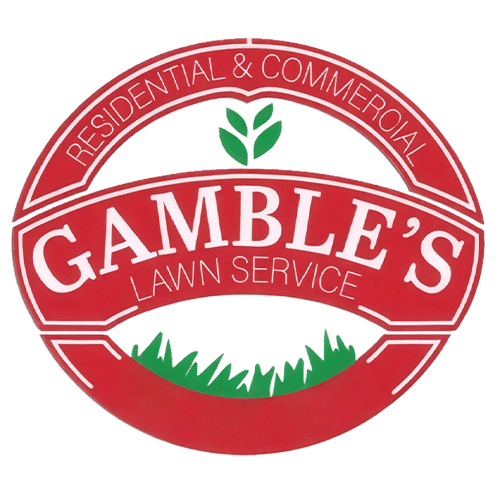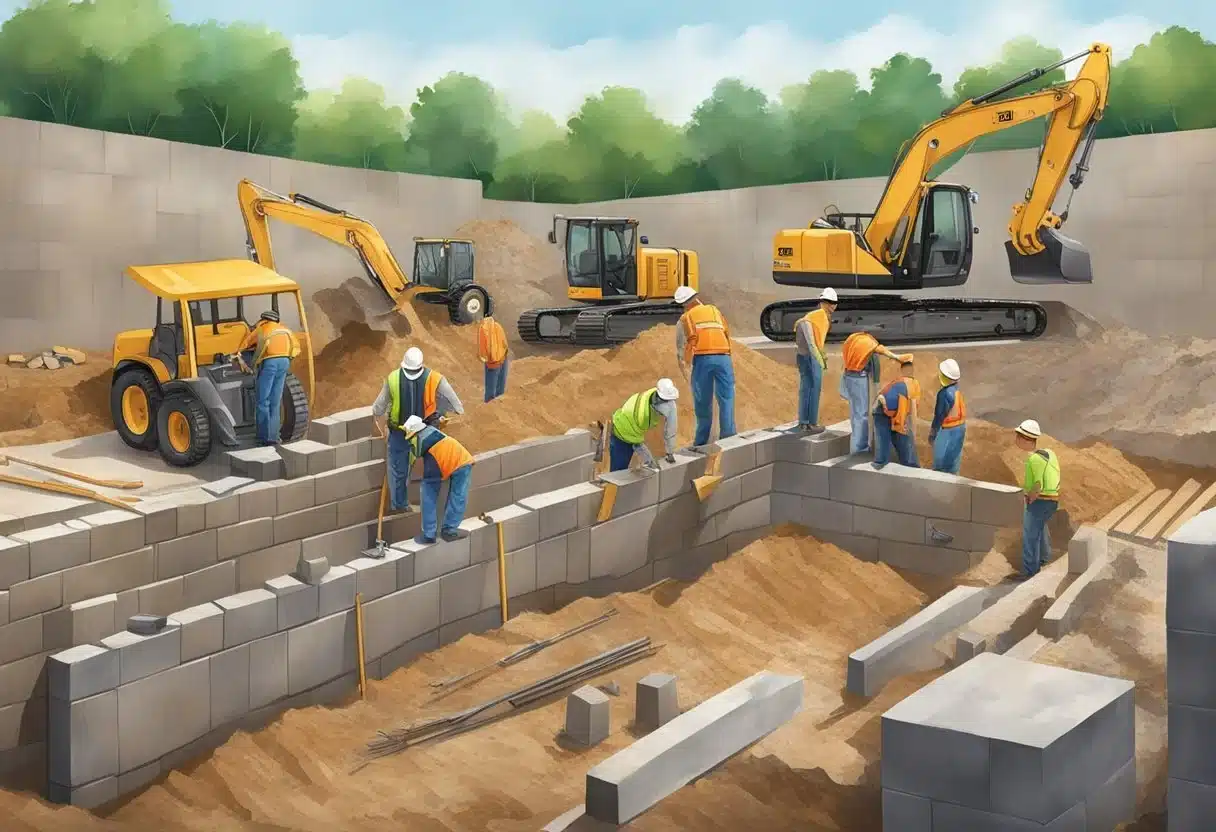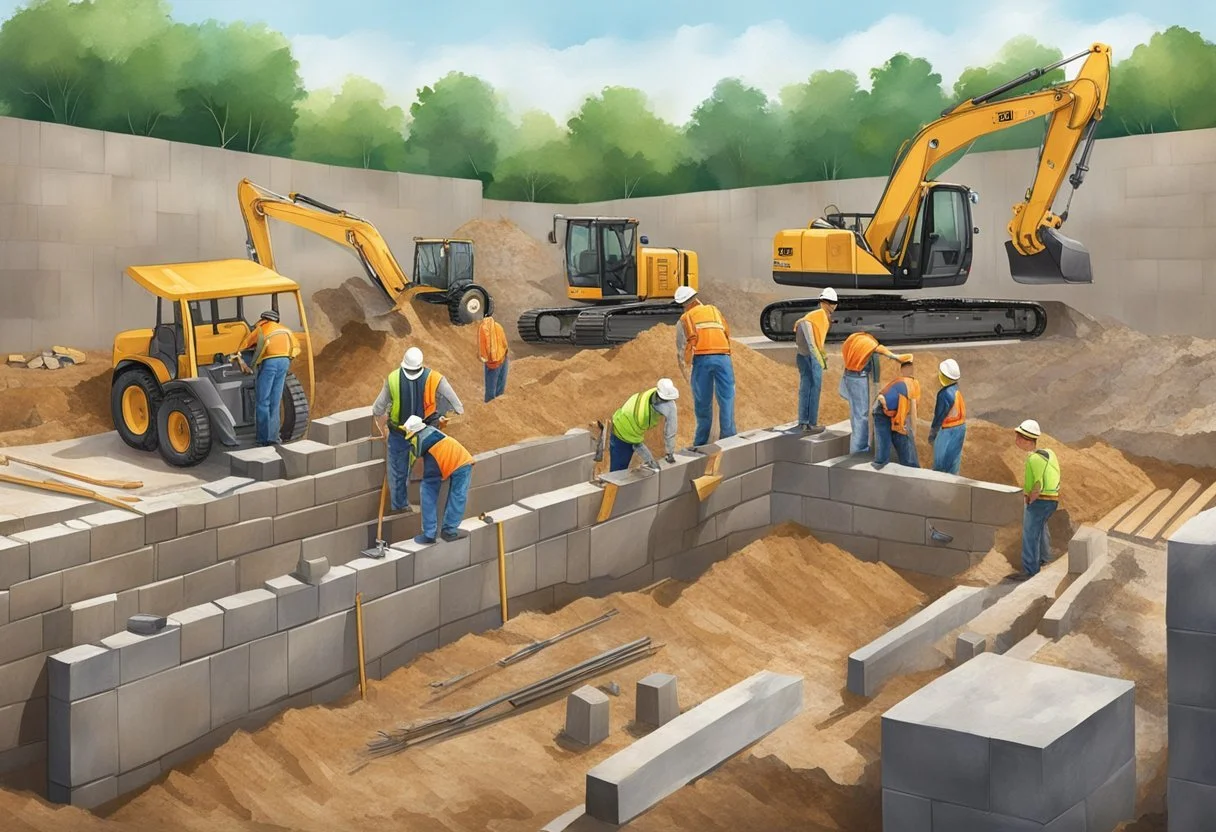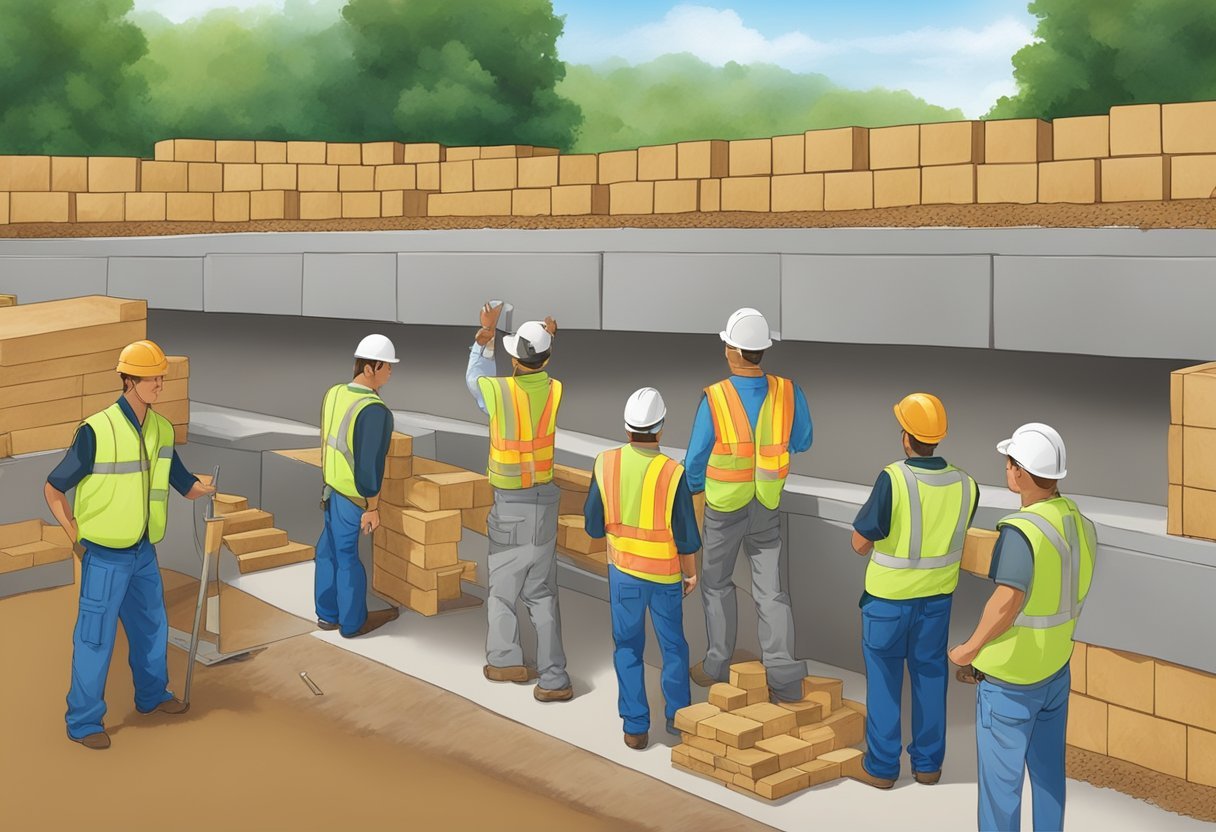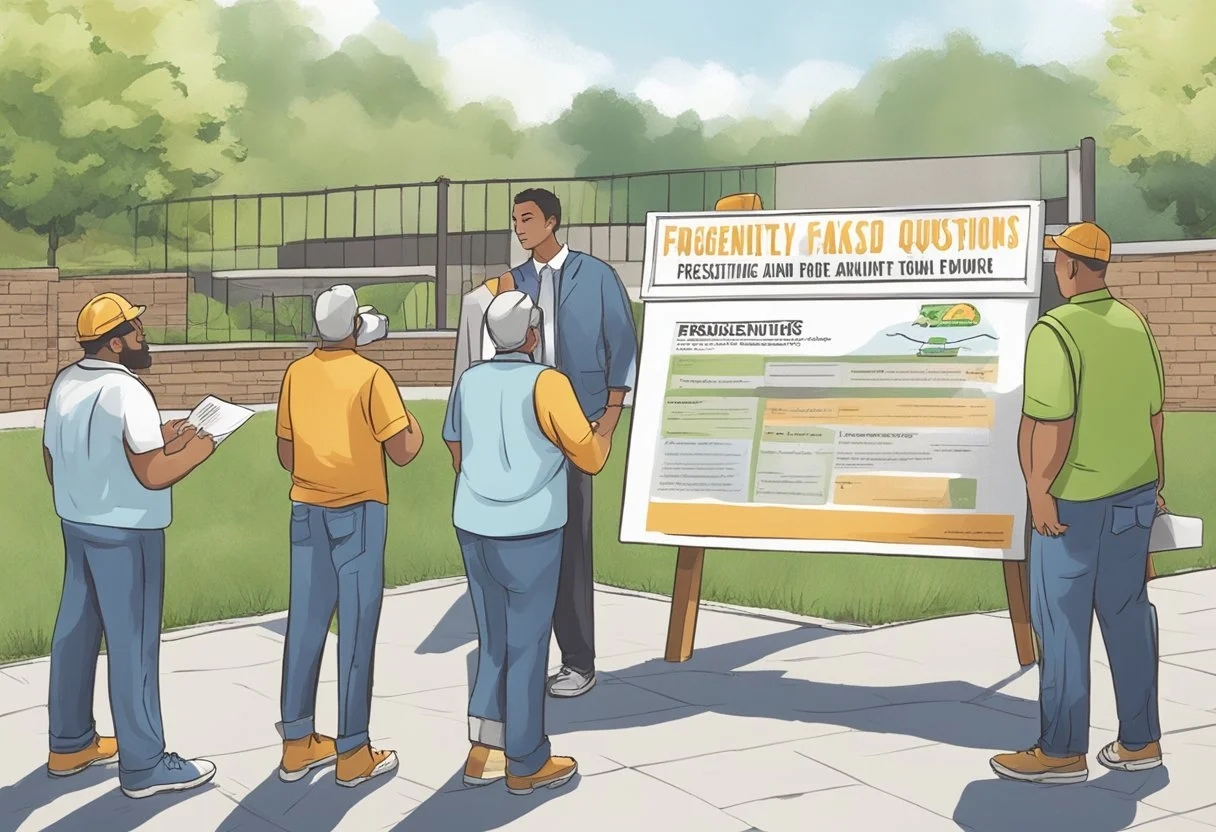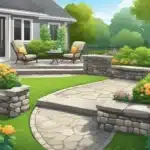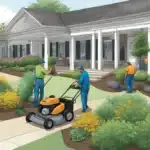Retaining walls are an essential part of landscaping, especially in Clarksville, TN, where the terrain can be hilly and uneven. Retaining walls serve many purposes, such as preventing soil erosion, creating functional outdoor spaces, and enhancing the beauty of the landscape. However, building a retaining wall requires expertise, experience, and specialized equipment, which is why it is crucial to hire a professional retaining wall contractor.
If you are looking for retaining wall contractors near Clarksville, TN, you have come to the right place. Retaining wall contractors are professionals who specialize in building durable, strong, and functional retaining walls that can withstand the test of time. They have the knowledge, skills, and experience to design and construct retaining walls that meet your specific needs and preferences, whether you want a simple wall or an elaborate one that includes multiple levels, curves, and patterns.
When choosing a retaining wall contractor, it is essential to look for someone who is reliable, experienced, and knowledgeable. A good contractor should be able to provide you with references, show you examples of their work, and give you a detailed estimate of the cost and timeline of the project. With the right retaining wall contractor, you can have a beautiful and functional retaining wall that enhances the value and appeal of your property for years to come.
Understanding Retaining Walls in Clarksville
Retaining walls are an essential aspect of outdoor space design, and they serve multiple purposes. They can be used to prevent soil erosion, create level surfaces, and add aesthetic value to your property. In Clarksville, there are various types of retaining walls, materials, and functional benefits that homeowners can choose from.
Types of Retaining Walls
There are three primary types of retaining walls in Clarksville: stone, wood, and concrete. Stone retaining walls are popular due to their natural look and durability. They are ideal for properties with natural stone features and can be designed to complement the existing landscape. Wood retaining walls are also popular, especially for homeowners looking for a more rustic look. They are relatively easy to install and maintain, and they can be customized to fit any outdoor space. Concrete retaining walls are the most common type, and they are known for their strength and durability. They are ideal for properties with sloping terrain and can be designed to match the aesthetic of your home.
Materials and Aesthetics
Retaining walls can be made from various materials, including natural stone, concrete, and wood. Each material has its unique texture, color, and aesthetic appeal. Natural stone retaining walls are popular due to their unique texture and color variations. Concrete retaining walls are versatile and can be molded into various shapes and sizes. Wood retaining walls are ideal for homeowners looking for a natural, rustic look.
Functional Benefits
Retaining walls serve multiple functional benefits, including preventing soil erosion, creating level surfaces, and adding aesthetic value to your property. They are ideal for properties with sloping terrain and can be used to create level surfaces for outdoor activities. Retaining walls also prevent soil erosion, which can cause damage to your property and surrounding areas. They are an essential aspect of outdoor space design and can add significant value to your property.
In summary, retaining walls are an essential aspect of outdoor space design, and they serve multiple purposes. In Clarksville, homeowners can choose from various types of retaining walls, materials, and functional benefits. Whether you are looking to prevent soil erosion, create level surfaces, or add aesthetic value to your property, retaining walls are an excellent investment for any homeowner.
Selecting the Right Contractor
When it comes to selecting a retaining wall contractor, there are a few key factors to consider. Here are some tips to help you choose the right contractor for your project.
Assessing Contractor Expertise
The first step in selecting a retaining wall contractor is to assess their expertise. Look for a contractor who has experience building retaining walls in your area. Check their portfolio and ask for references from past clients. A good contractor should be able to provide you with examples of their work and testimonials from satisfied customers.
Services Offered
Another important factor to consider when selecting a retaining wall contractor is the services they offer. Look for a contractor who offers a variety of services, including design, construction, and maintenance. A full-service contractor will be able to handle all aspects of your project, from start to finish.
Customer Service and Communication
Customer service and communication are also important factors to consider when selecting a retaining wall contractor. Look for a contractor who is responsive to your needs and communicates clearly and effectively. A good contractor should be able to answer your questions and address your concerns in a timely manner.
In summary, when selecting a retaining wall contractor, it is important to assess their expertise, consider the services they offer, and evaluate their customer service and communication skills. By taking these factors into account, you can choose a contractor who will provide quality work and excellent customer service.
Design and Customization
Retaining walls can be more than just functional structures that prevent soil erosion. They can also add aesthetic value to your outdoor space. That’s why it’s important to choose a retaining wall contractor who can offer design and customization options that will fit your landscape and personal style.
Tailoring to Your Landscape
One of the advantages of working with a professional retaining wall contractor is that they can help you choose a design that complements your landscape. They can take into account the natural features of your property, such as the slope, soil type, and drainage, and recommend a design that will work best for your specific needs.
Customization options can include the type of materials used, such as natural stone, concrete blocks, or brick, as well as the color and texture of the materials. The contractor can also help you choose a design that complements your existing landscaping, such as incorporating planters or seating areas into the wall.
Custom Features
In addition to tailoring the design to your landscape, retaining wall contractors can also offer custom features that add functionality and style to your outdoor space. Some common custom features include:
-
Usable space: Retaining walls can be designed to create usable space, such as terraced gardens or seating areas.
-
Shape and size: Retaining walls can be built in various shapes and sizes, depending on the needs of your landscape and the desired aesthetic.
-
Pattern: The materials used in the retaining wall can be arranged in different patterns, such as a herringbone or basket weave, to add visual interest.
-
Decorative objects: Design objects can be embedded or printed into the wall, such as medallions or other decorative elements.
Overall, working with a retaining wall contractor who offers design and customization options can ensure that your retaining wall not only serves its functional purpose but also adds beauty and value to your outdoor space.
Construction and Compliance
Building Process
Retaining walls play a crucial role in landscaping and hardscaping projects, as they provide structural support to prevent soil erosion and landslides. When constructing a retaining wall, it is important to follow the proper building process to ensure the wall is structurally sound and durable.
The first step in the building process is to obtain the necessary permits from the local government. The permits typically require a detailed plan of the retaining wall, including its location, dimensions, and materials. Once the permits are obtained, the contractor can begin the construction process.
During the construction process, the contractor must follow safety regulations to ensure the safety of the workers and the public. This includes wearing appropriate safety gear, such as hard hats and safety glasses, and using proper equipment and techniques to prevent accidents.
Safety and Regulations
In addition to safety regulations, there are also building codes and regulations that must be followed when constructing a retaining wall. These codes and regulations ensure that the wall is structurally sound and meets the necessary standards for strength and durability.
The strength and durability of a retaining wall are critical factors in its performance. The wall must be able to withstand the weight of the soil behind it, as well as any external forces, such as wind and water. To ensure the wall is strong and durable, the contractor must use high-quality materials and follow proper construction techniques.
Overall, when hiring a retaining wall contractor, it is important to choose a professional who is knowledgeable about the building process, safety regulations, and building codes and regulations. By following these guidelines, you can ensure that your retaining wall is structurally sound, durable, and meets all necessary standards.
Frequently Asked Questions
How do I choose the right contractor for my residential retaining wall project in Clarksville, TN?
Choosing the right contractor for your residential retaining wall project in Clarksville, TN requires careful consideration. Look for a contractor who has experience in building retaining walls and is licensed and insured. It is also important to check their references and read reviews from previous clients. Ask for a detailed written estimate and compare it with other contractors to ensure you are getting a fair price.
What are the typical costs associated with building a retaining wall?
The cost of building a retaining wall can vary depending on the size, materials used, and complexity of the project. On average, homeowners can expect to pay between $3,000 and $10,000 for a residential retaining wall. However, it is important to get a detailed estimate from your contractor to ensure you have an accurate understanding of the costs associated with your project.
What materials are most cost-effective for constructing a retaining wall?
The most cost-effective materials for constructing a retaining wall include concrete blocks, poured concrete, and treated timbers. These materials are durable and long-lasting, making them a great investment for any homeowner.
What are the best practices for ensuring the durability of a concrete retaining wall?
To ensure the durability of a concrete retaining wall, it is important to properly prepare the foundation and use high-quality materials. The wall should also be properly reinforced with steel rebar and have proper drainage to prevent water buildup behind the wall.
Can I build a quality retaining wall on a limited budget?
Yes, it is possible to build a quality retaining wall on a limited budget. Homeowners can save money by using cost-effective materials and by doing some of the work themselves. However, it is important to consult with a professional contractor to ensure the wall is properly designed and constructed.
What regulations should I be aware of when constructing a retaining wall in Clarksville, TN?
When constructing a retaining wall in Clarksville, TN, homeowners should be aware of local regulations and building codes. It is important to obtain any necessary permits and to follow all regulations to ensure the safety and legality of the project. Homeowners should consult with a professional contractor to ensure they are in compliance with all regulations.
